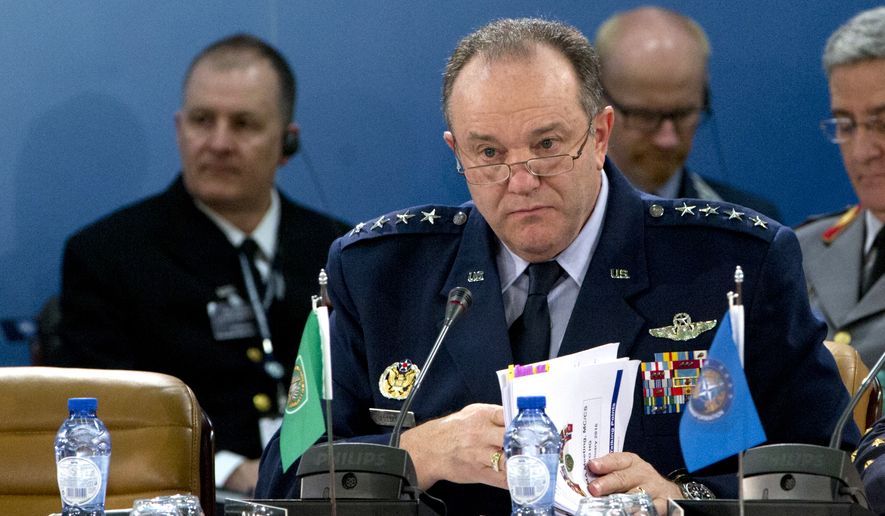OPINION:
On the same day the Secretary of Defense, Ash Carter, announced new resources being sought to strengthen Eastern European defenses from any possible Russian aggression, a report from the RAND corporation was released and states that with current force structure, Russia could overrun NATO defenses in the Baltics and be in Riga or Tallinn in under three days. NATO forces would face severe casualties even with available U.S. airpower being employed and could not stop the Russian advance, unless nuclear weapons were used.
The report’s findings are as follows, “As Presently Postured, NATO Cannot Successfully Defend the Territory of its Most Exposed Members. Across multiple games using a wide range of expert participants in and out of uniform playing both sides, the longest it has taken Russian forces to reach the outskirts of the Estonian and/or Latvian capitals of Tallinn and Riga, respectively, is 60 hours. Such a rapid defeat would leave NATO with a limited number of options, all bad.”
The only solution is a costly one; NATO (read the United States taxpayer) must fund and maintain approximately seven armored brigades with supporting forces. This will not be cheap, costing approximately $3.7 billion per year.
“It Is Possible to Avoid Such Consequences. A force of about seven brigades,
including three heavy armored brigades — adequately supported by airpower, land-based fires, and other enablers on the ground and ready to fight at the onset of hostilities — could suffice to prevent the rapid overrun of the Baltic states. While not sufficient to mount a sustained defense of the region or to achieve NATO’s ultimate end state of restoring its members’ territorial integrity, such a posture would fundamentally change the strategic picture as seen from Moscow,” says the RAND report.
The cost of not doing so would be even higher, with the loss of allies and an even worse security situation in Europe that would threaten the West.
Late last month, Gen. Philip Breedlove, commander of U.S. European Command, released a new strategy anticipating — and pushing back against — the call for more rotational forces. Flying troops in and out of the region “complements” the units who call Europe home, he wrote, but they’re no “substitute for an enduring forward deployed presence that is tangible and real. Virtual presence means actual absence,” reported Yahoo News.
In 2012, the Obama administration withdrew two brigades of heavy armor from Germany in another example of this administration failing to project American power to secure her national security and that of our allies.
“We’ll be here for Estonia. We will be here for Latvia. We will be here for Lithuania. You lost your independence once before. With NATO, you will never lose it again,” Obama recently promised to the Baltic nations. This promise seems empty and suspect at current force levels.
Once again, it will be left to the next administration to rebuild America’s defense posture in the face of global threats that have mushroomed under the Obama presidency under an abdication of American leadership.




Please read our comment policy before commenting.